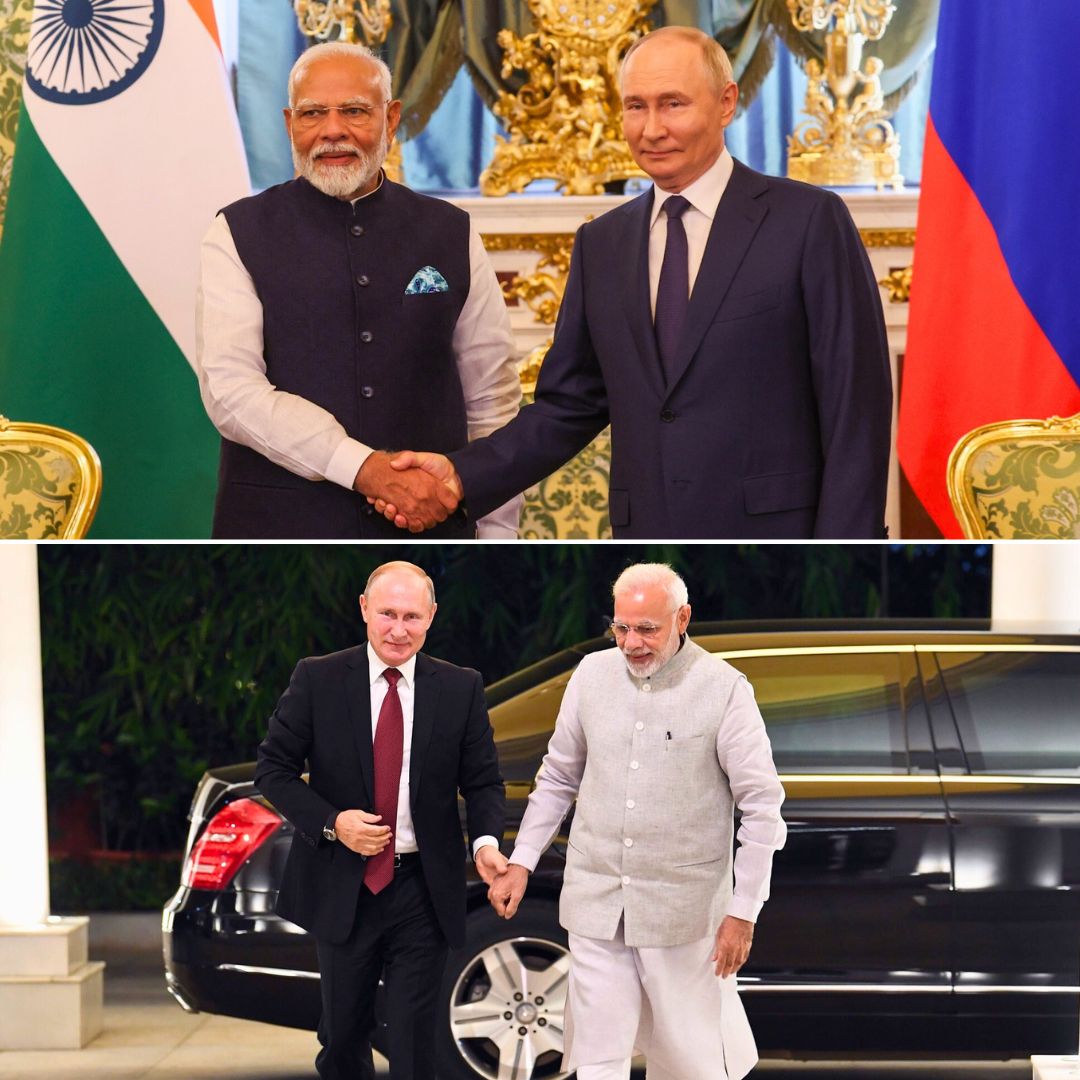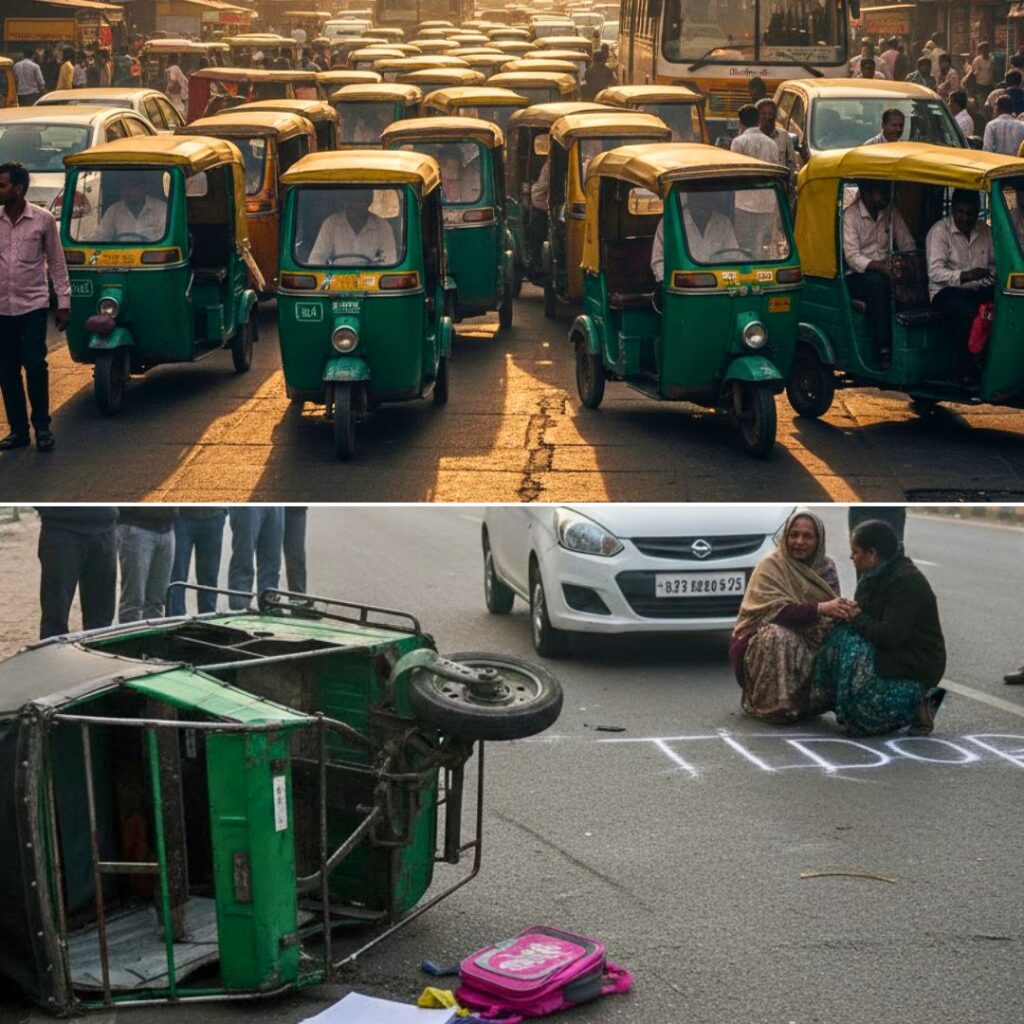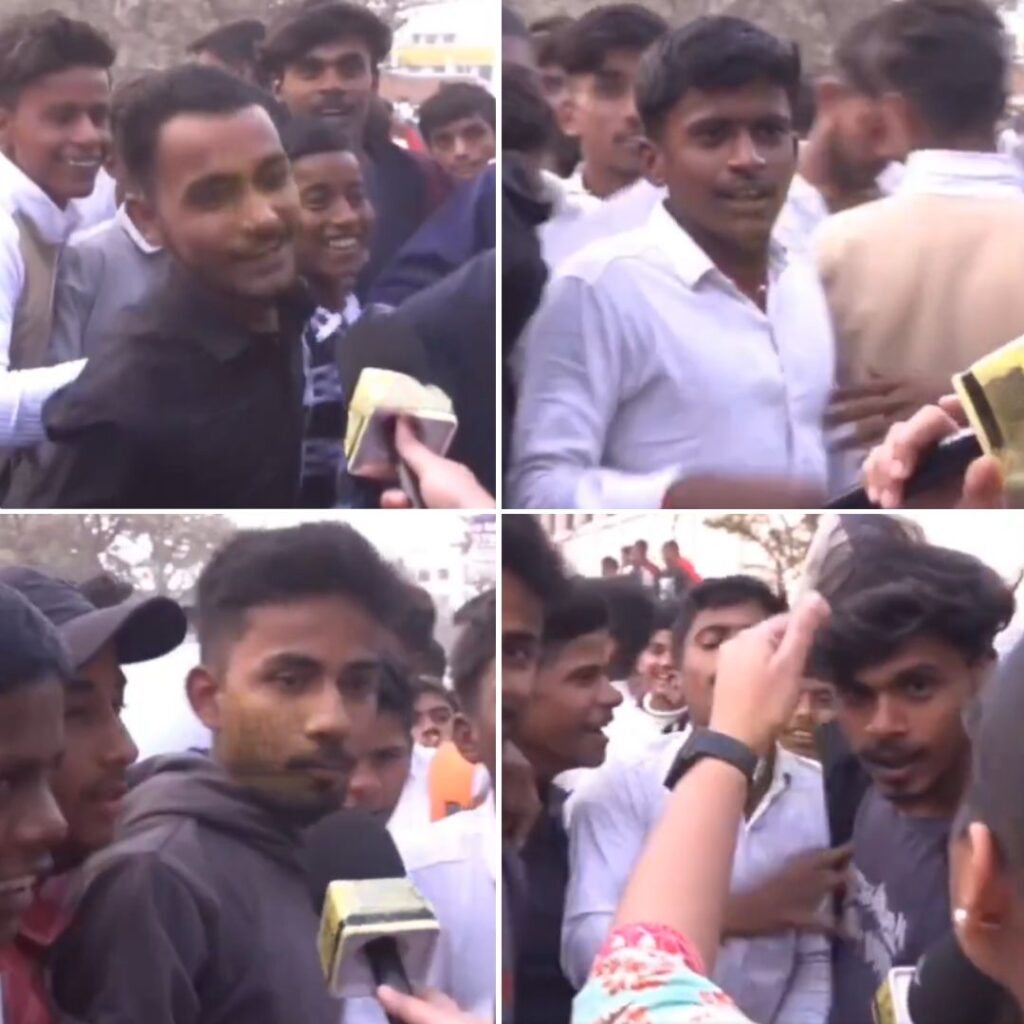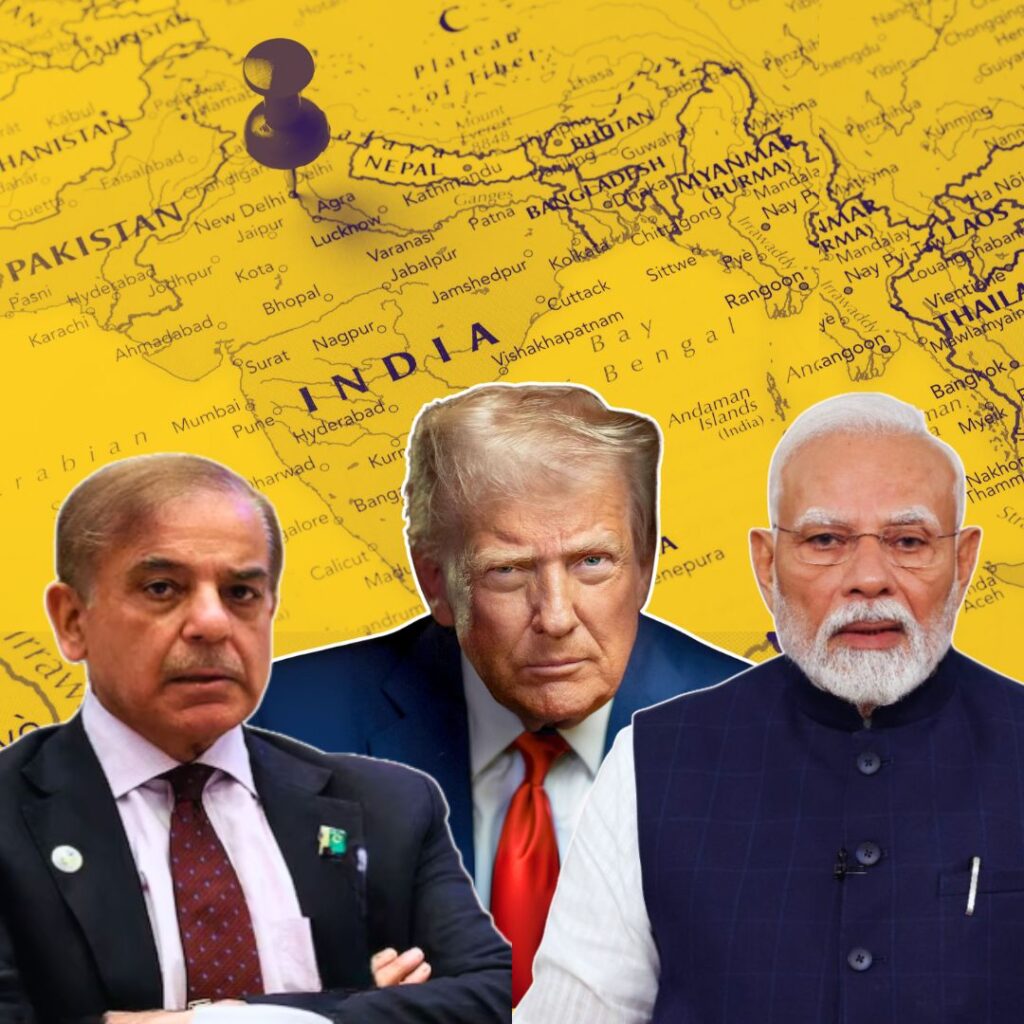Russia has significantly expanded Hindi language programs across its universities, reflecting growing interest among Russian students and deepening cultural and educational ties with India. Deputy Minister of Science and Higher Education Konstantin Mogilevsky emphasised that Hindi’s rising popularity comes as India becomes the world’s most populous country, with more people using Hindi daily than English.
Konstantin Mogilevsky told TASS in an interview, “We want more of our students to study Hindi.” He stressed that India is currently the world’s most populous country, with more people using Hindi daily than English. “We need to respond to this,” he added.
Hindi courses are offered at top institutions such as MGIMO, Moscow State University, and Moscow State Linguistic University, with enrollments increasing two to three times. This educational push aligns with strengthened diplomatic relations amid geopolitical tensions related to Russian oil and the Ukraine conflict, with Russia and India collaborating closely on multiple fronts including through the Shanghai Cooperation Organisation (SCO).
Surge in Hindi Programs Across Russian Universities
The demand for Hindi courses has skyrocketed in recent years across Moscow and beyond, including universities in St Petersburg and Kazan. Mogilevsky pointed out that young Russians seeking to engage with India’s culture and business environment benefit from expanded Hindi language opportunities.
Prestigious universities like MGIMO (Moscow State Institute of International Relations), RSUH, and Moscow State Linguistic University have doubled or tripled their Hindi course groups. This growth signals an intention to prepare a generation that understands Indian languages and cultures better, fostering people-to-people connections crucial for bilateral relations.
Historical and Geopolitical Context of Indo-Russian Educational Ties
This push for Hindi instruction reflects the enduring and evolving relationship between India and Russia, which remains strong despite global geopolitical challenges. India’s purchase of Russian oil increased significantly after 2022, drawing attention amid sanctions and Western pressures. External Affairs Minister S. Jaishankar has lauded Russia as one of India’s most reliable alliances post-World War II.
President Vladimir Putin’s planned visit to India in December 2025 symbolizes ongoing strong ties. The recent SCO summit in Tianjin further cemented the partnership, with Modi and Putin emphasising cooperation for global peace and prosperity.
Strengthening Friendship Through SCO and Cultural Diplomacy
At the Shanghai Cooperation Organisation (SCO) meeting held recently in Tianjin, China, Indian Prime Minister Narendra Modi and Russian President Vladimir Putin reiterated the strength and resilience of India-Russia relations. The summit highlighted mutual respect and cooperation in regional security, economic collaboration, and cultural exchange.
Hindi language promotion in Russian universities complements this diplomatic momentum by fostering deeper understanding and connectivity between the nations’ peoples. This cultural diplomacy plays a vital role in reinforcing political ties and creating a foundation for long-term collaboration and harmony.
The Logical Indian’s Perspective
The Logical Indian welcomes Russia’s expanded commitment to Hindi education as a beacon of cultural diplomacy, fostering empathy and dialogue in turbulent geopolitical times. Language is a powerful connector that transcends political divides and builds bridges of friendship between nations.
Expanding Hindi studies cultivates knowledge, mutual respect, and opportunities for cooperation, reinforcing peace and harmony through education.
Had an excellent meeting with President Putin on the sidelines of the SCO Summit in Tianjin. Discussed ways to deepen bilateral cooperation in all sectors, including trade, fertilisers, space, security and culture. We exchanged views on regional and global developments, including… pic.twitter.com/DhTyqOysbf
— Narendra Modi (@narendramodi) September 1, 2025












